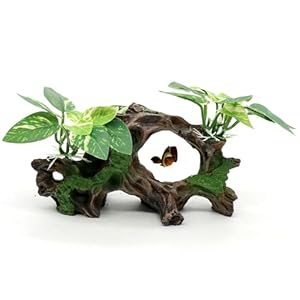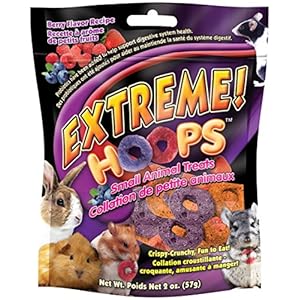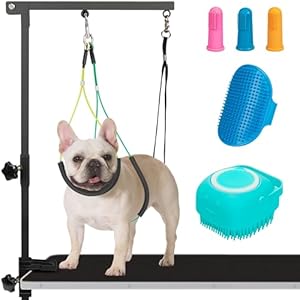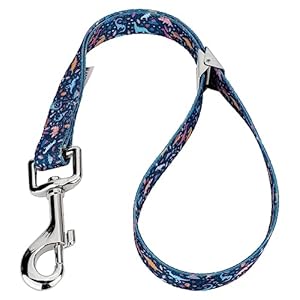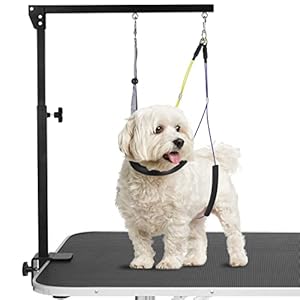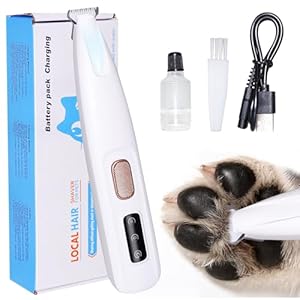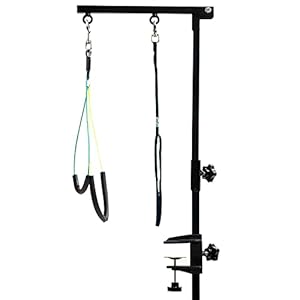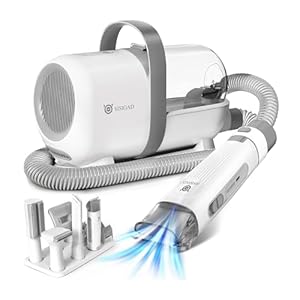
When it comes to caring for your feathered companion, ensuring you have all the essential items on hand is crucial. From creating a safe and stimulating environment to providing a balanced diet and necessary health supplies, each aspect contributes to your bird’s well-being. But what about the finer details that could make a significant difference in your bird’s happiness and health? Stay tuned to uncover the often overlooked yet vital components that can elevate your bird care routine and foster a stronger bond with your avian friend.
Cage Setup Essentials
When setting up your bird’s cage, ensure that it’s placed in a well-lit area away from drafts and direct sunlight. Adequate lighting is essential for your bird’s well-being, as it helps regulate their internal clock and promotes healthy behaviors. Position the cage in a spot where your bird can have access to natural light but can also retreat to a shaded area if needed.
Next, consider the placement of the cage in your home. Birds are sensitive to temperature changes, so it’s crucial to keep their cage away from drafts or air conditioning vents. Maintaining a stable and comfortable environment is key to ensuring your bird feels safe and secure in its habitat.
Additionally, be mindful of the location concerning potential hazards. Keep the cage away from busy areas where there might be excessive noise or foot traffic. This will help reduce stress for your bird and provide a more peaceful living space. By carefully selecting the placement of your bird’s cage, you can create a comfortable and safe environment for your feathered friend.
Nutritious Food Options
To ensure your bird’s overall well-being and health, providing a variety of nutritious food options is key. Birds have specific dietary needs, and offering a balanced diet is crucial for their vitality. A good base diet for most birds includes high-quality pellets that are formulated to meet their nutritional requirements. These pellets should make up the majority of your bird’s diet to ensure they receive essential vitamins and minerals.
In addition to pellets, fresh fruits and vegetables are excellent additions to provide variety and additional nutrients. Leafy greens, carrots, apples, and berries are popular choices among many bird species. Adding some whole grains like quinoa or brown rice can also offer a wholesome boost to their diet. Remember to avoid feeding your bird foods that are high in sugar, salt, or fat as these can be harmful to their health.
Enriching Toys and Perches
Enliven your bird’s environment with a variety of stimulating toys and perches to enhance their mental and physical well-being. Birds are intelligent and active creatures that require mental stimulation and physical exercise to thrive. Providing a range of toys such as puzzle feeders, hanging mirrors, or chewable toys can keep your bird entertained and engaged. These toys help prevent boredom and encourage natural behaviors like foraging and exploration.
In addition to toys, perches are essential for your bird’s health. Different types of perches varying in thickness and texture can help exercise their feet and prevent foot problems. Natural wood perches, rope perches, and grooming perches all offer different benefits for your bird’s feet and overall well-being. Rotate and rearrange the toys and perches in their cage regularly to keep things interesting and prevent habituation.
Grooming and Health Supplies
Keeping your bird in optimal health requires access to essential grooming supplies such as nail clippers and beak conditioning tools. Regular nail trims are crucial to prevent overgrowth, which can lead to discomfort and difficulty perching. Beak conditioning tools like grooming perches or mineral blocks help maintain the beak’s proper length and shape. Additionally, having styptic powder on hand is important in case a nail is trimmed too short and bleeding occurs.
In terms of health supplies, having avian-safe cleaning products for cages and accessories is vital to prevent the spread of bacteria and diseases. It’s also recommended to keep a first aid kit specifically designed for birds in case of minor injuries. Items like sterile gauze, antiseptic wipes, and bird-safe adhesive bandages can come in handy during emergencies. Regular health check-ups with an avian veterinarian are essential for monitoring your bird’s overall well-being and catching any potential health issues early. By having these grooming and health supplies readily available, you can ensure your feathered friend stays happy and healthy.
Safety and Emergency Preparedness
Ensure your bird’s safety and prepare for emergencies with these essential tips and tools. Start by bird-proofing your home to prevent accidents. Keep toxic plants, open windows, and small objects out of reach. Invest in sturdy cages or aviaries with secure latches to prevent escapes. Make sure your bird is microchipped or wears a leg band with your contact information in case they get lost.
In case of emergencies, create a bird first aid kit with items like styptic powder for nail bleeding, bandages, and an emergency contact list for avian vets. Familiarize yourself with common bird health issues and know the nearest 24/7 avian vet clinic. Keep a carrier on hand for easy transport during emergencies.
Practice fire safety by having smoke detectors and fire extinguishers in your home. Plan ahead for potential power outages by having backup heating sources in cold weather. Lastly, create an emergency evacuation plan that includes your bird’s needs. Stay prepared to keep your feathered friend safe in any situation.
Trending Products

